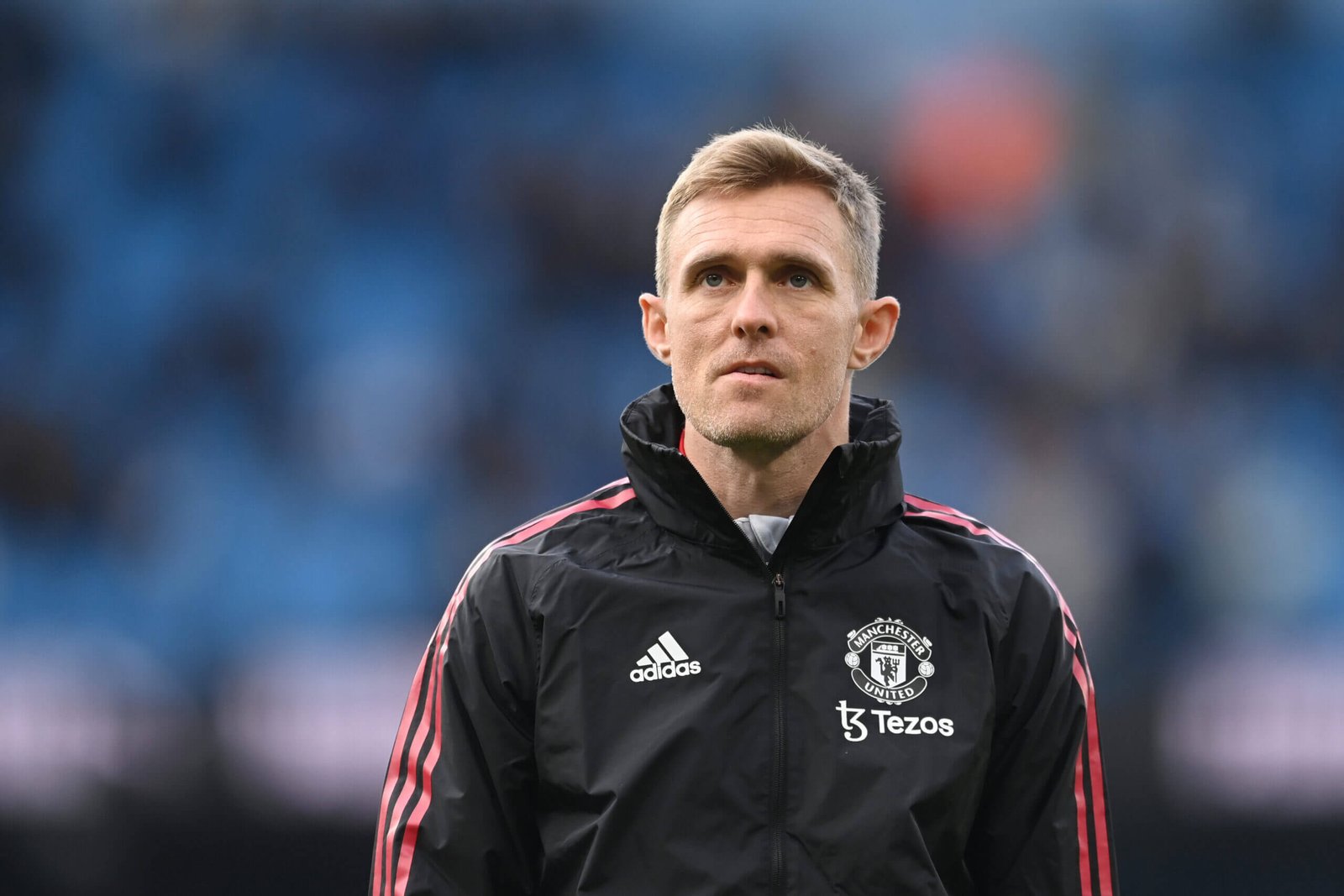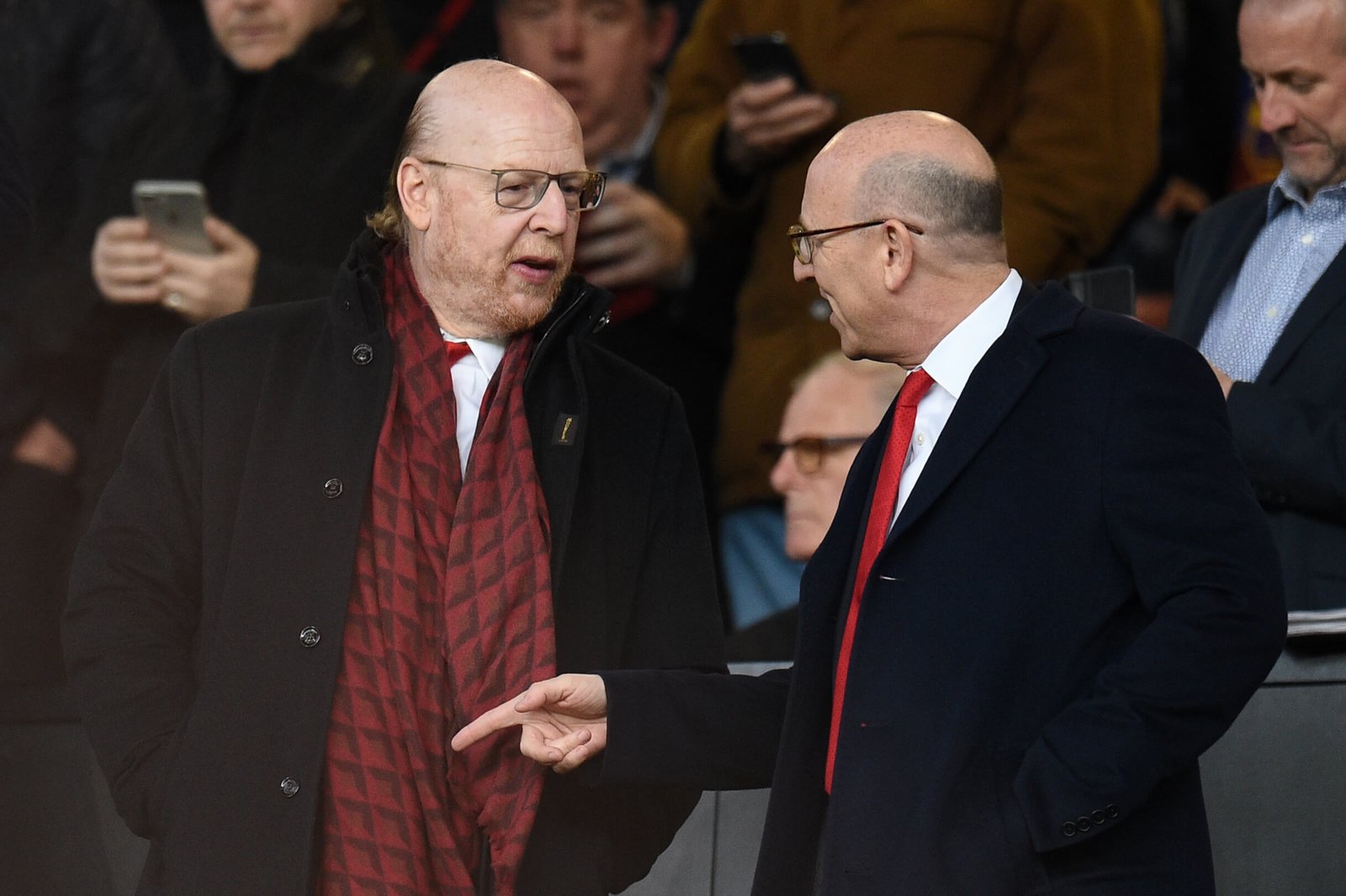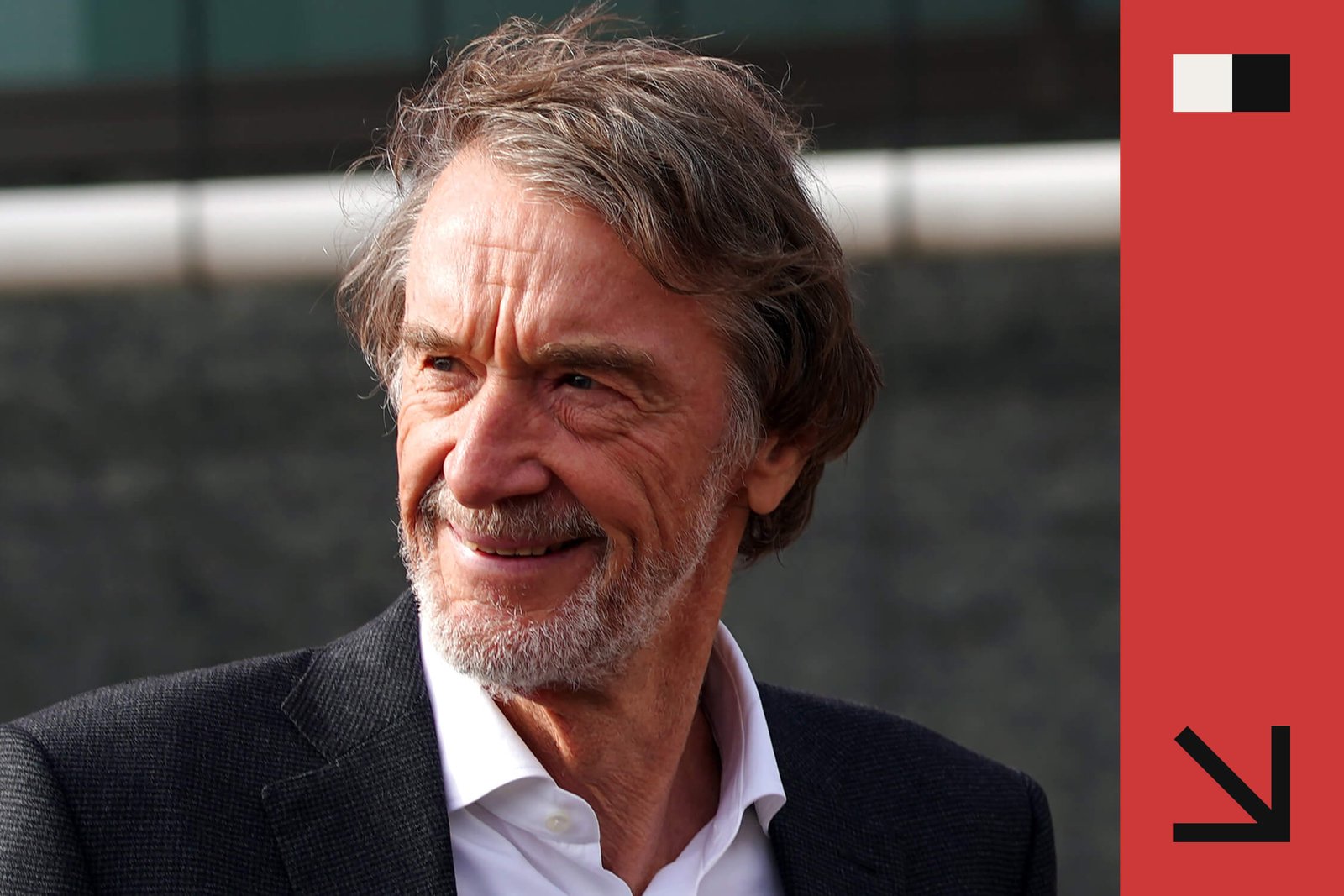The caveat to the optimism around Sir Jim Ratcliffe’s arrival at Manchester United has been whether he could make good on his bold pledge to put football at the heart of decisions and hire people who justify the term “world class”.
There was also a sense of caution among staff and supporters about the practicalities of Ratcliffe working with the Glazers as minority partner. He may have signed a deal to become United’s largest individual shareholder and got in writing his control of the football operation, but his 25 per cent stake still made him little brother to the six American siblings as far as the club’s voting rights are concerned.
Yet less than a month since that unusual arrangement was announced on Christmas Eve and before the Premier League has even ratified the transaction, Ratcliffe is making the kind of move that backs up his rhetoric by appointing Omar Berrada as United’s new chief executive.
Alongside Sir Dave Brailsford and Jean Claude-Blanc, the two senior members of the INEOS team tasked with overseeing United, Ratcliffe has told club employees and fans in face-to-face meetings that everybody’s energy should be channelled towards what happens on the pitch. To that end, he said, he would revolutionise the structure of the club.
The impression of one listener last week, speaking on condition of anonymity to protect relationships, was that Ratcliffe was done being patient after a lengthy bidding process. “He isn’t waiting around for anybody,” said the source. “I don’t think he is going to be wasting time making changes.”
Omar Berrada is a statement hire (Mike Egerton/PA Images via Getty Images)
Ratcliffe’s claims were met with a mix of enthusiasm and scepticism from others in the audience, but poaching Berrada from Manchester City is a sign that United’s new co-owner might well make good on his promise.
Not only has Berrada, 46, established an excellent reputation at City, where he was seen as the potential heir to chief executive Ferran Soriano or director of football Txiki Begiristain, but he is well regarded by administrators and agents outside the Etihad, too.
He transitioned from a commercial background, the area he specialised in between 2011 and 2016 at City, to the football side of the business, negotiating with Mino Raiola and Rafaela Pimento on the signing of Erling Haaland and becoming a key influence on player contract renewals.
United having a chief executive involved in sporting matters is a departure from predecessor Richard Arnold, who delegated responsibility to football director John Murtough. Arnold felt he wasn’t qualified to influence that area, but Ratcliffe believes the person running the club day to day should be comfortable engaging in the primary function of a football club.
Berrada’s arrival marks a return to the way United worked under Ed Woodward, who made signings and appointed managers. Except Berrada, who speaks four languages and began his football career at Barcelona, comes with much more credibility than Woodward amassed in nine years holding the position.
Under the Glazers, United have had a record of hiring from within or appointing people who needed to learn on the job: Matt Judge as head of negotiations, Darren Fletcher as technical director, and Murtough, to name just three. Berrada has not been a chief executive before, but his responsibilities at City as chief football operations officer map much of what he is expected to do at Old Trafford.

Darren Fletcher was an in-house appointment at United (Michael Regan/Getty Images)
This is not the first occasion Manchester neighbours have competed for personnel in recent years. United have been able to sign Cristiano Ronaldo, Harry Maguire, and Fred ahead of City, but there were circumstances around all three that made the blue half relaxed about missing out.
The appointment of Berrada, given his strategic importance, feels different, although supporters’ optimism should be tempered by the impossibility of knowing how he will fare in a different organisation that has, in modern times, been dysfunctional. Berrada himself has pointed out United’s issues, tweeting an article in 2014 that questioned how the club had got into “this mess”.
Ratcliffe, though, would endorse such a view, having bluntly told staff that the football department has been failing and he believes Berrada can help. “Hiring Berrada is exactly the type of move United should be making,” said a former United employee. “This is a strike at true best in class.”
Matching that description, too, is Blanc, the chief executive of INEOS Sport, who had initially been considered likely to assume the top role at United before discussions evolved to see him take a place on the football board. Returning to the daily demands of being a club chief executive, the position he held at Juventus, did not personally appeal to Blanc, who will instead offer strategic advice.
Another way in which Berrada’s entrance has endorsed Ratcliffe’s confident claims is the stealth around it. For years, United appointments have been trailed publicly and taken longer than necessary to get over the line. Woodward communicated the pursuit of a director of football for two years before Murtough was promoted from within. Arnold’s move to chief executive was expected for many months.
The same can be said for transfers, with targets written about ad nauseam because United debate and delay.
Speed helps maintain secrecy, as does having established relationships. Those aspects meant news on Berrada arrived unexpectedly when it was revealed by The Athletic on Saturday night. Joel and Avram Glazer were involved in the talks, but Ratcliffe drove them and forced the pace.

Avram Glazer (left) and Joel Glazer approved Omar Berrada’s recruitment but it was driven by INEOS (Oli Scarff/AFP via Getty Images)
The appeal for Berrada in leaving a successful football department for an underperforming one can be seen by the latitude he will be afforded in reshaping United. At City, Soriano and Begiristain sat above him and though many people in the industry speak about Pep Guardiola leaving this summer with Roberto Di Zerbi taking over, that eventuality is uncertain and even then might not provoke a hierarchy reshuffle.
There is an asterisk to the excitement for United. Well, 115 of them, to be precise. The litany of Premier League charges about false accounting and inflated commercial deals hang over City and, by extension, all those employees who were in positions of seniority from 2009 to 2018.
Berrada was in charge of sponsorships at the time when City are accused of breaking regulations, although he has not been personally implicated. City, for their part, vigorously deny any accusations of wrongdoing.
It is not the first time United have hired City staff amid a backdrop of action from authorities. Dave Harrison and Lyndon Tomlinson crossed the divide to lead United’s academy recruitment in 2017, the same period when City received a two-year ban on signing certain academy players from the Premier League for breaching youth development rules.
United executives have strongly advocated for the application of financial fair play rules since the allegations against City came to light, but INEOS’ bullish start to life at the club potentially indicates a renewed emphasis on winning. As Brailsford has previously said of the INEOS ethos: “Doing it the right way — and we can push it right up to the line — is important.”
(Top photo: Peter Byrne/PA Images via Getty Images)
Read the full article here


